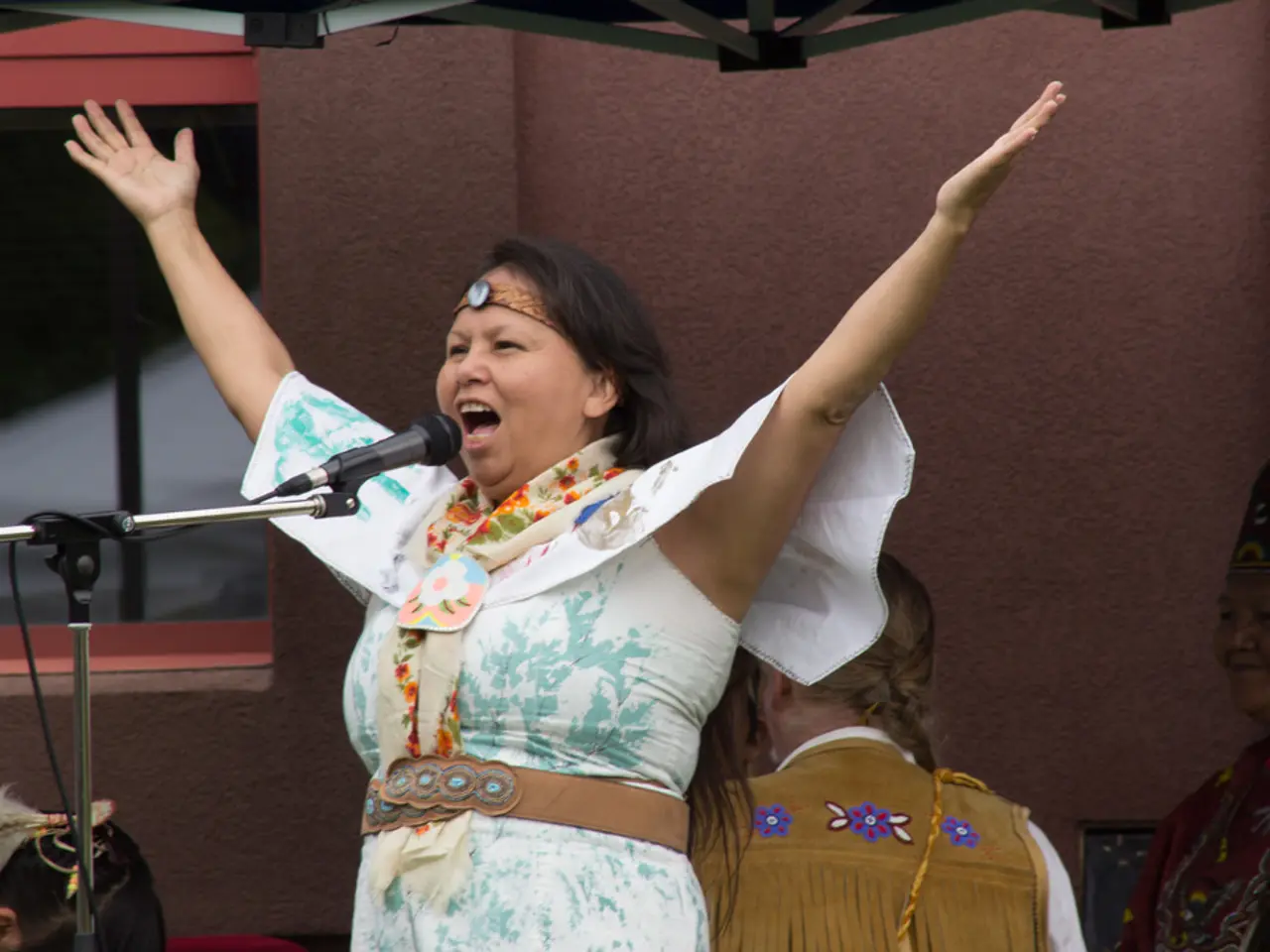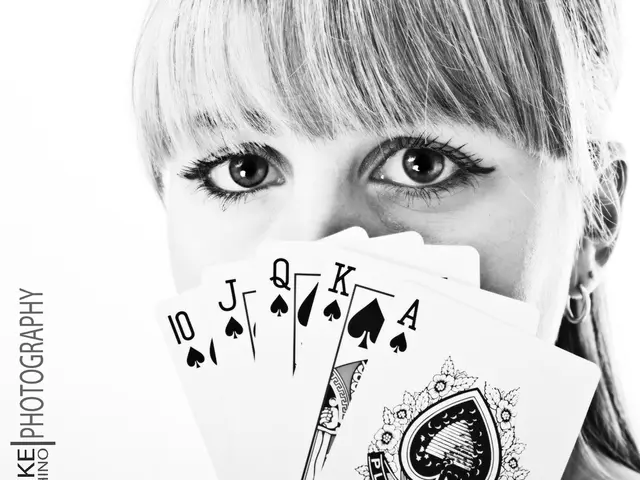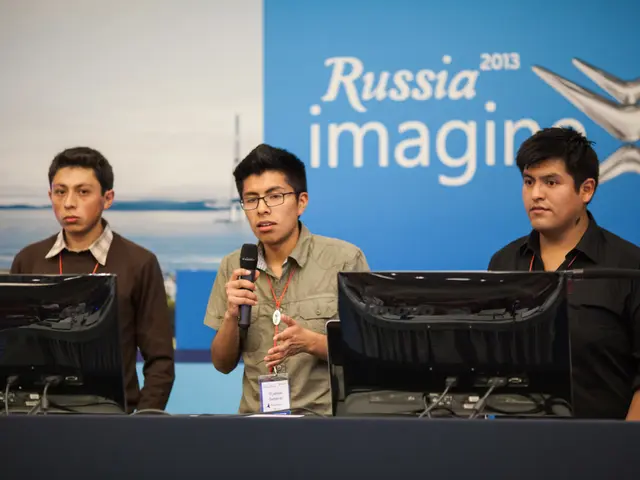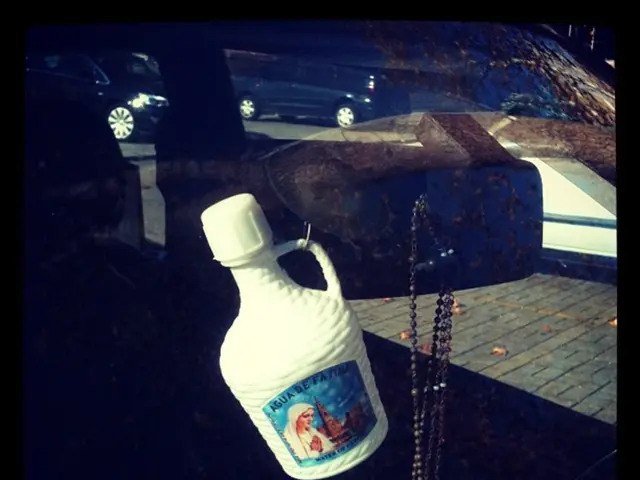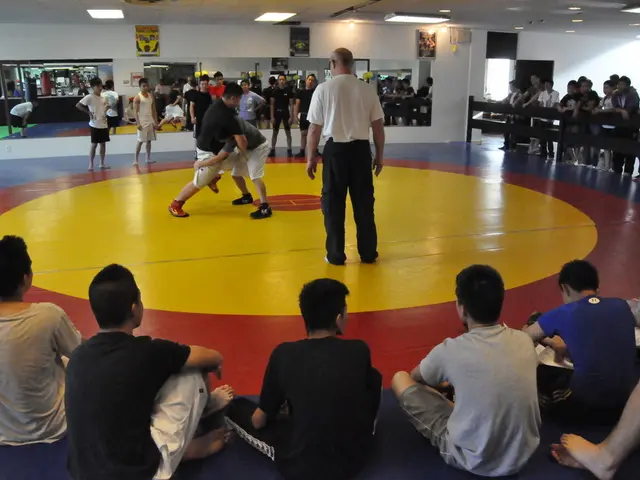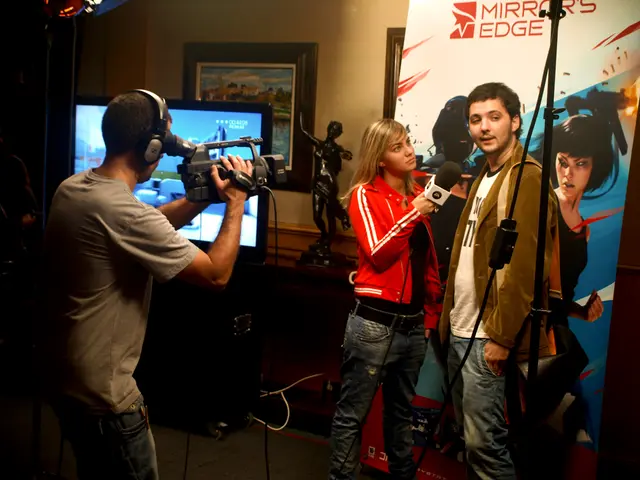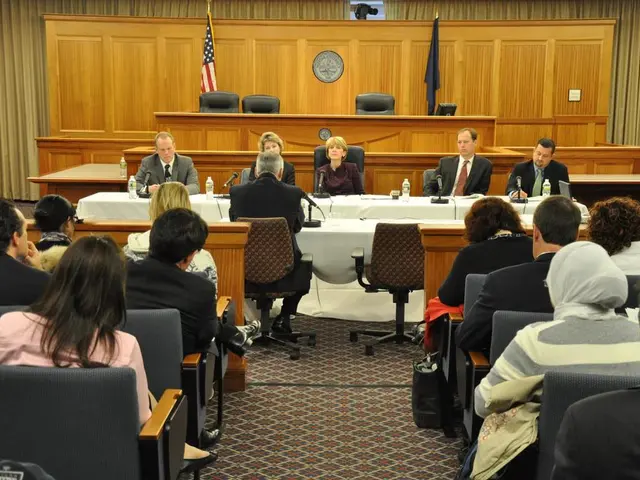Downtown Uptown Transformation by Oscar Hammerstein: The Yiddish-Speaking Opera's Lone Champion, Continued Sequel
In the bustling city of New York at the turn of the 20th century, Oscar Hammerstein I made a significant impact on the theater scene. Born a German-Jewish immigrant, Hammerstein rose from the cigar industry to become a wealthy New York businessman and opera mogul.
Hammerstein's unique approach to opera eliminated the snobbishness often associated with the elite opera world, making it accessible and affordable for all. He promoted his Manhattan Opera House as a non-snobby alternative, offering star-studded opera performances at prices that the masses could afford.
This strategy resonated particularly well with the Yiddish-speaking immigrant Jewish community. Hammerstein made special efforts to appeal to this audience, advertising extensively in the Yiddish press and even presenting repertoire by Jewish composers or on Jewish subjects. His rhetoric of democratic access was particularly attractive in Yiddish circles, and he made Jews feel like they belonged in his opera house, not merely marginalized outsiders.
Hammerstein's efforts to cater to Yiddish-speaking audiences extended beyond the opera house's repertoire. He rented his opera house free of charge for the memorial benefit concert in honor of the recently deceased eminent Yiddish theatre playwright Jacob Gordin, demonstrating his commitment to the community.
Moreover, Hammerstein brought the elite opera uptown, providing Yiddish-speaking audiences with an opportunity to experience the glamour of the opera scene. This integration of immigrant Jews into the elite opera sphere was a significant step towards cultural integration and assimilation in early 20th-century New York.
Despite his efforts to democratize opera, Hammerstein was not averse to business deals. He started secret negotiations with the Metropolitan Opera to be bought out, agreeing not to produce opera in New York for ten years. This move, while self-serving, allowed Hammerstein to maintain his opera house's prestigious status while remaining accessible to the masses.
In 1909, Hammerstein started a summer season of "Educational Opera" at popular prices, tailored for Yiddish-speaking audiences. This initiative further solidified his opera house's reputation as a welcoming space for the immigrant community.
While specific details about the Manhattan Opera House's impact on Yiddish-speaking Jews are not clearly documented, it is clear that Hammerstein played a pivotal role in shaping the cultural landscape of New York. His contributions, including the construction of theaters like the Victoria Theater on 42nd Street, contributed to the city's cultural diversity and provided entertainment and a sense of community for various immigrant groups.
Hammerstein's legacy lived on through his grandson, Oscar Hammerstein II, who became a prominent figure in American musical theater. Works like *Oklahoma!* and *South Pacific* further enriched New York's cultural heritage, building upon the foundation laid by his grandfather.
In conclusion, Oscar Hammerstein I's contributions to New York's theater scene, particularly his efforts to make opera accessible to immigrant communities, cannot be overstated. His work played a significant role in shaping the cultural landscape of the city, paving the way for future generations to enjoy the arts.
In his efforts to make opera accessible, Hammerstein not only offered affordable prices for his performances but also extended his efforts to the realm of education and self-development by initiating a summer season of "Educational Opera" tailored for Yiddish-speaking audiences. Additionally, Hammerstein's endeavors in entertainment expanded beyond the opera house, as he introduced various cultural programs to provide an immersive lifestyle experience for diverse immigrant communities in New York.
